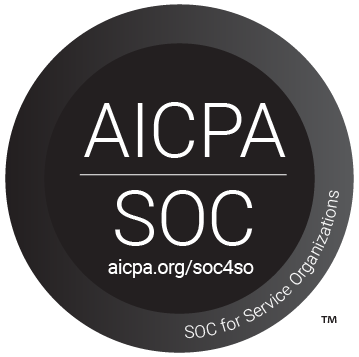The CNYRIC is excited to introduce a new role within the organization, "K12 District Liaison," which is a brand new position created to even further enhance our communication and relationship with districts. This position will aim to address the goal of having a representative from the CNYRIC who is in continual contact with district representatives regarding a number of services.
Representatives from the CNYRIC still frequently hear comments such as, “Wow, I wasn’t aware that you folks handled that kind of thing.” So the idea behind the K12 District Liaison is to facilitate those conversations, in order to evaluate district needs on a continual basis.

"This role is designed to strengthen our partnerships with districts,” says CNYRIC Director Chantal Corbin. “It gives districts a direct connection for support while letting us share our resources continuously; a win for everyone."
As the liaison meets with districts and begins building rapport, some of the duties of the position will include:
- Identifying, recommending, and planning software implementation and information technology infrastructure systems enhancements.
- Maintaining technical proficiency in current and new releases of software and information technology infrastructure, while remaining up-to-date on advancements in the latest security practices and protocols.
- Ongoing consultation with district administration, vendors, and district personnel to assess information technology infrastructure.
- Collaboration with CNYRIC project managers to facilitate vendor support for problem resolution.
- Coordinating and/or facilitating work efforts between CNYRIC and district staff.
- Meeting with CNYRIC Project managers, and senior leadership, to solicit cooperation and coordinate efforts across departments.
- Working with districts in providing technology and financial funding guidance as they relate to CNYRIC technology projects (including E-Rate).
- Providing technical guidance and assistance to district administration and personnel, which includes conducting user meetings for implementation and enhancement processes.
- Ensuring compliance of information technology policies and procedures (security, backup, access control, documentation, active directory, disaster recovery, etc.) in system implementation.






